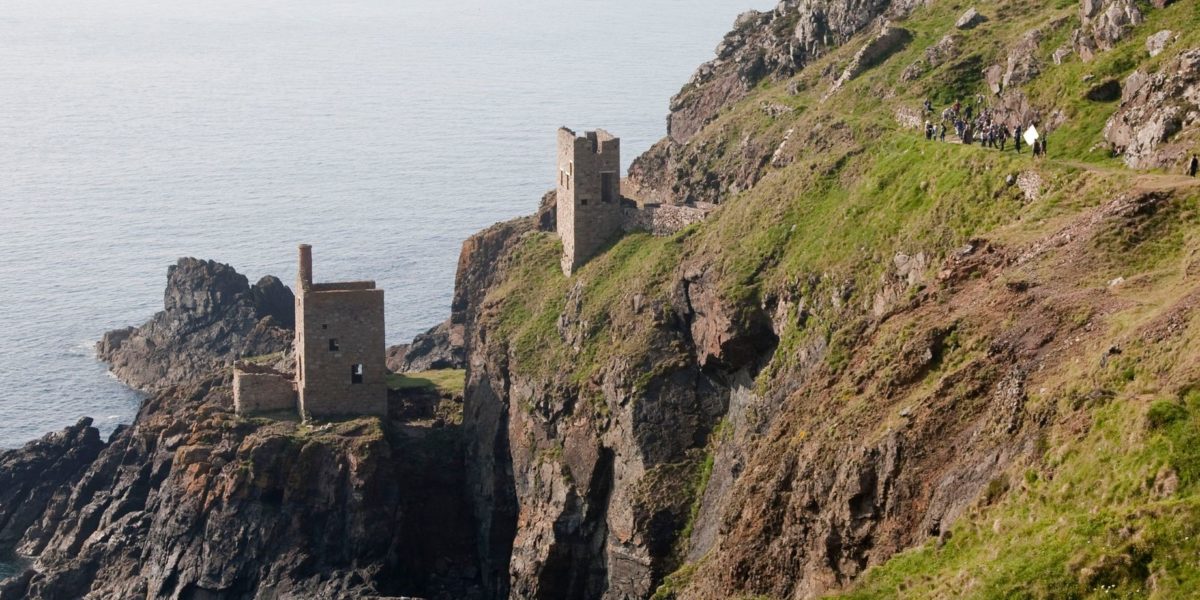Film tourism is not a new phenomenon. Salzburg is said to attract 300,000 to 400,000 visitors annually for it’s ‘The Sound of Music’ tour (which I must confess, I have been on), whilst ‘Notting Hill’ has generated the equivalent of £24.9m in online ad spend for the London since it’s release in 1999. Outside of Europe, the 40% jump in New Zealand’s tourism between 2000 and 2006 is largely credited to ‘The Lord of The Rings’ trilogy and the myriad of tours which have spawned as a result of it (I confess, I have also been on one of these).
However, beyond these globally accredited films, the obscure sets of niche British TV shows are also starting to garner the interest of tourists, as episode by episode they seep into the zeitgeist. For example, Poldark, Peaky Blinders and Outlander have all helped put far-flung corners of Britain on the tourist map. Cornwall has become something of a hot-spot – particularly among Chinese travellers – because of Poldark and the iconic scenes of a rugged Adrian Turner sauntering down equally rugged beaches; Peaky Blinders has elevated Birmingham into a desirable tourist destination (who’d have thought!) and areas of Scotland is also in high demand due their prominence in Outlander.
But the question is, can we necessarily say this sort of screen exposure and associated upturn in tourism is a good thing? It does arguably generate income, create jobs and stimulate social change in otherwise remote and sparsely populated areas of the UK. However, does the exposure also risk short-term uplift at the expense of longer-term sustainable strategies?
Parts of Cornwall have seriously struggled to cope with the unprecedented surge in TV tourists, all wanting to see where Adrian Turner – with his wonderful chest and wonderful thighs – was filmed walking by the water. The infrastructure in place was not able to deal with the additional 4.5 million tourists that visited last summer and there was a string of health and safety, over-crowding and littering issues in the area. Similarly, tourists numbers spiked in the summer and build-up to the show, but then pitted and almost totally flattened in the months after.
So is it really a good thing for regional communities to gear themselves towards TV-tourism, and what responsibility do brands have in this process? With TV-tourism at risk of damaging the very sites that constitute the initial attraction, it is arguably up to local tourist boards and companies to build sustainability into their propositions if they want to protect their revenue now and in the future.
However, like anything in popular culture, TV shows also have a necessarily short lifespan. So once Poldark ceases to grace our screens, tourists will undoubtedly loose interest in the show and it’s associated scenery. It is therefore crucial that the brands currently capitalising on the popularity of the show develop alternative offerings, to encourage tourists to continue visiting the area after the short life-cycle of the show. Without developing such contingency plans, brands that have built themselves on TV-tourism will be left high and dry, probably on the very beach Adrian Turner and his celebrated six-pack so famously strolled down.
How can you future-proof your brand to protect it from the ebbs and flows of popular culture?


